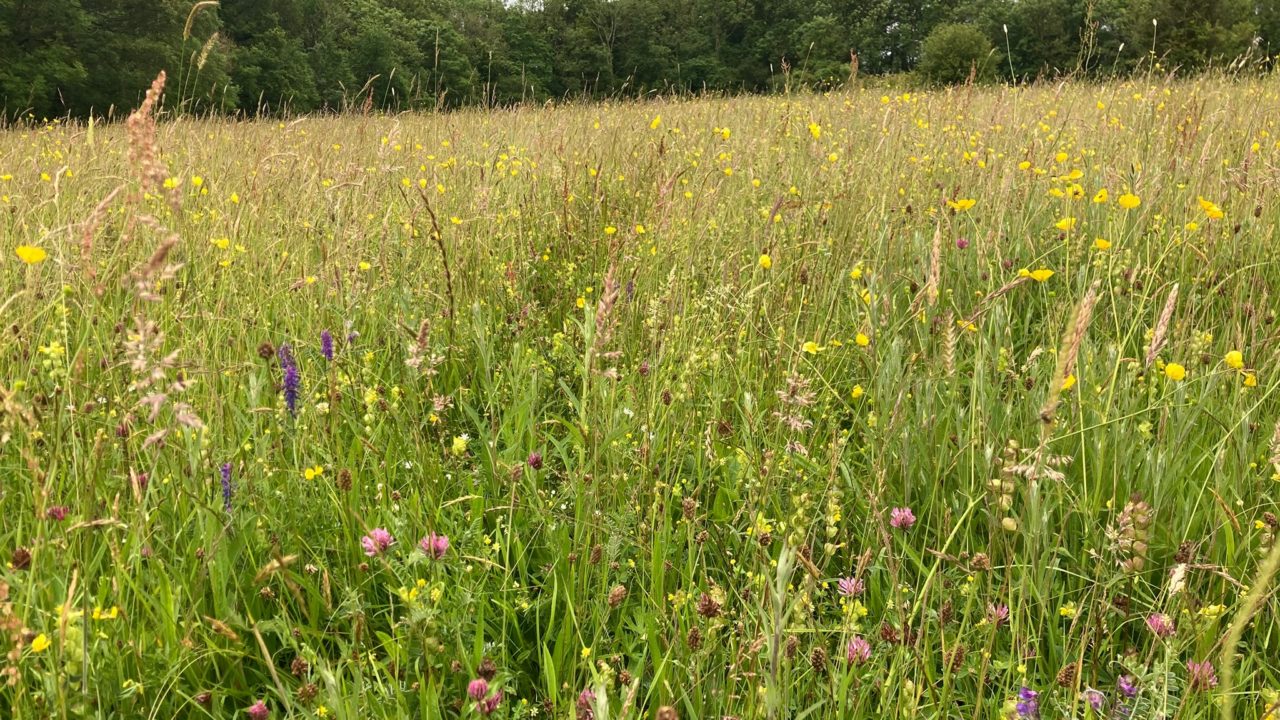An EU plan that would see farmers, landowners and forest owners paid for playing their part in decarbonising the atmosphere has been adopted by the European Commission.
Adding another string to their bow as ‘carbon farmers’, these food producers and land owners will be key in the fight against climate change, said EU agriculture commissioner, Janusz Wojciechowski.
“Agriculture and forestry are our allies in the fight against climate change, they mitigate its impacts by removing carbon from the atmosphere,” he said.
“Carbon farming will strengthen the contribution of farmers and foresters to the decarbonisation of our economy, by providing extra income for farmers, while protecting biodiversity, making farms more resilient to natural disasters, and ensuring food security,” he added.
A Communication on Sustainable Carbon Cycles – adopted and published today (Wednesday, December 15) by the commission – sets out how the EU can increase removals of carbon from the atmosphere namely by: Reducing reliance on fossil carbon; upscaling carbon farming to store more carbon in nature; and promoting industrial solutions to sustainably and verifiably remove and recycle carbon.
Carbon farming
According to Communication on Sustainable Carbon Cycles, carbon farming is a green business model that rewards land managers for adopting improved land-management practices. This reward can come from public or private sources for things such as management practices increasing the storage of atmospheric carbon or the actual amount of carbon.
In adopting the plan, the EU has set out short- to medium-term actions to support carbon farming and upscale this green business model to better reward land managers for carbon sequestration and biodiversity protection.
By 2030, carbon farming initiatives should see around 42Mt of carbon dioxide (CO2( stored in natural carbon sinks.
Measures to achieve this goal include:
- Promoting carbon farming practices under the Common Agricultural Policy (CAP) and other EU programmes, i.e. LIFE and Horizon Europe’s Soil Deal for Europe research mission, and through national public financing and private finance;
- Standardising the monitoring, reporting and verification methodologies needed to provide a clear and reliable certification framework for carbon farming, allowing for developing voluntary carbon markets;
- Provide improved knowledge, data management and tailored advisory services to land managers, both on land and within blue carbon ecosystems.
